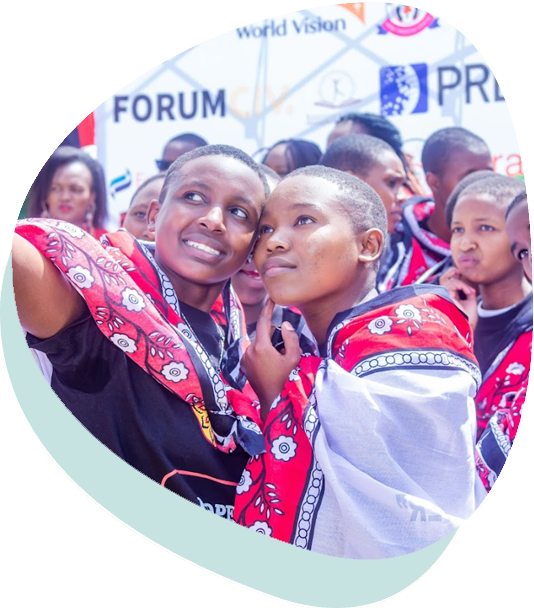The Girl Generation

Who We Are
The Girl Generation: Support to the Africa Led Movement to End FGM/C Programme (TGG-ALM), is a consortium led by Options Consultancy Services and includes Amref Health Africa, ActionAid, Orchid Project, Africa Coordination Centre for Abandonment of FGM/C, and the University of Portsmouth. It works closely with the Population Council’s Data Hub, the programme’s data and measurement arm.
The Girl Generation
This programme is building on the foundations of the first five-year investment: The Girl Generation and the Evidence to End FGM Research Programme (2013-2018).
The programme seeks to accelerate positive changes in social attitudes toward ending FGM/C, within a broader vision of a world where girls and women can exercise their power and rights, have expanded choice and agency, and be free from all forms of violence. The intended impact of this programme is an accelerated reduction in the practice of FGM/C in focus countries by 2025.
Our Journey
The programme seeks to accelerate positive changes in social attitudes toward ending FGM/C, within a broader vision of a world where girls and women can exercise their power and rights, have expanded choice and agency, and be free from all forms of violence.
Join the Global
Youth Network
Across the globe, a generation of young leaders are speaking against FGM/C and all forms of Gender-Based Violence against girls and women. The Girl Generation-Support to Africa-led Movement to End FGM/C engages youth in innovative ways toward ending FGM/C.
Join our global movement bringing local campaigns to a global stage.
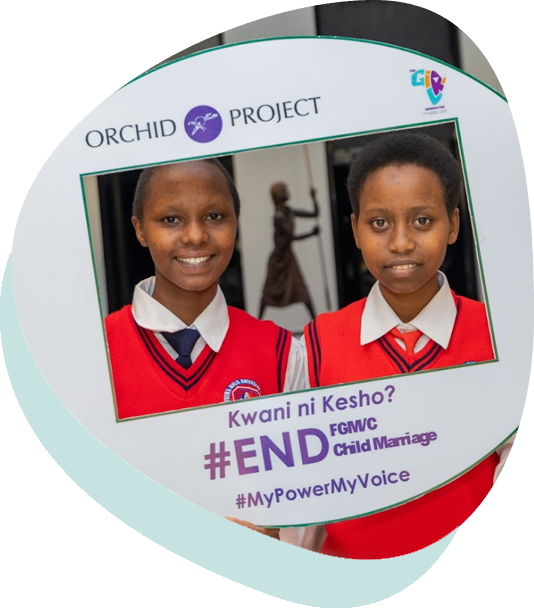
stories of change
Stories of change from the global movement to end Female Genital Mutilation (FGM)
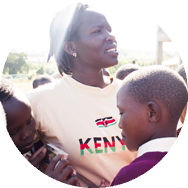
Kakenya Ntaiya

Yassmin Abdel-Magied
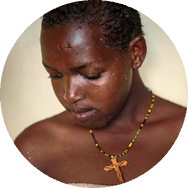
Eunice
Join the movement
Sign up as a member to be part of the generation where FGM will end
Have Any Inquiries?
Our countries of operations
Our programme is based in select regions of Kenya, Ethiopia, Senegal, and Somaliland, working through different consortia partners.
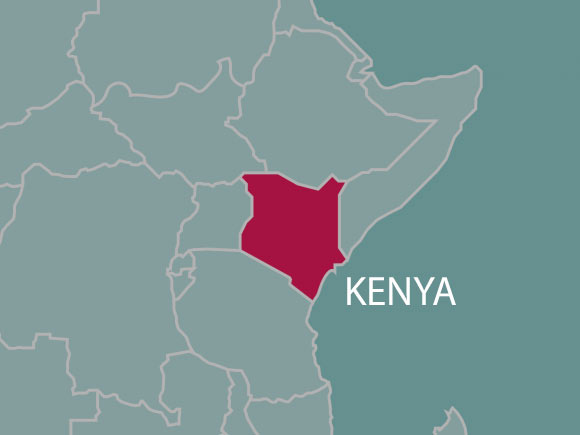
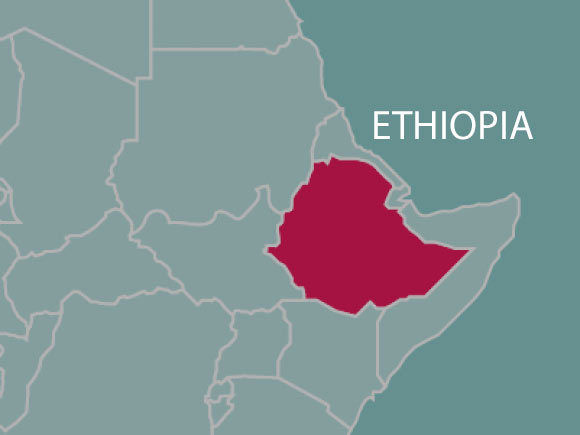
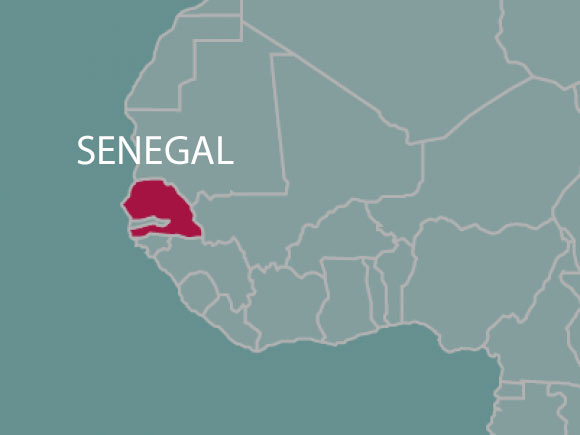

Frequently Asked Question’s
How Can We Help?
The psychological effects of FGM can include post-traumatic stress and depression. FGM is an expression of gender inequality and a form of gender-based violence, as the UN recognises in its 2012 resolution calling for the global elimination of FGM.
Female Genital Mutilation (FGM) is a harmful practice. It includes all procedures that involve partial or total removal of the external female genitalia, or other injury to the female genital organs for non-medical reasons. FGM can cause severe pain, bleeding, problems urinating, cysts, infections, infertility, complications in childbirth, and even death.
Female Genital Mutilation (FGM) causes many negative health effects, including severe pain, bleeding, problems urinating and menstruating, cysts, infections, infertility, complications in childbirth, and sometimes death. The psychological effects of Female Genital Mutilation (FGM) are also severe and can cause post-traumatic stress and depression.
The Girl Generation is a social change communications initiative. We seek to inspire organisations and individuals, including youth, across the most affected countries in Africa and beyond, to end FGM in one generation. We are driven by the conviction that for FGM to end there needs to be a positive transformation in the way that girls are valued.
Social change communication to end FGM is an approach to communication that speaks to the motivations behind the practice of FGM. It provides positive alternatives, opens up debate and discussion in the public sphere, prompts individuals to question their acceptance of the practice, and increasingly builds confidence to speak out against FGM.

